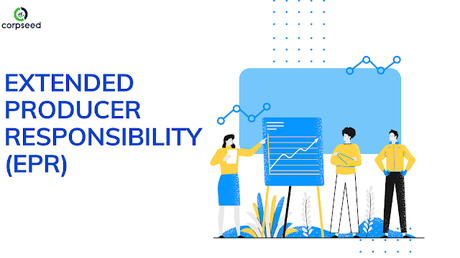Extended producer responsibility (EPR) is a waste management technique that involves adding all of the environmental costs associated with a product over its life cycle to the market price of that product. EPR uses financial incentives to motivate manufacturers to design environmentally sustainable goods by keeping them accountable for the costs of end-of-life management.
Reuse, buyback, or recycling programmes are both examples of EPR. The producer can also opt to assign this duty to a third party, known as a producer responsibility organisation (PRO), which is paid by the producer to handle used products. In this way, EPR transfers waste management responsibility from the government to the private sector, requiring manufacturers, importers, and/or sellers to include waste management costs in their commodity prices and ensuring that their goods are handled safely.

In response to the growing problem of excessive waste, a number of countries have implemented waste management policies that require manufacturers to either take back their goods from end consumers at the end of their useful lives, or to partially fund a collection and recycling infrastructure. These policies were implemented due to a shortage of collection facilities for some items containing hazardous goods, or the high costs of delivering certain collection systems to local governments. These take-back laws' primary aims are to collaborate with the private sector to ensure that all waste is handled in a manner that protects public health and the environment.
Advantages of Extended producer responsibility (EPR)
One of the advantages of EPR is that as the policy puts pressure on countries that export E-waste, it becomes more and more successful. The regulation of E-waste forces infrastructure to either deal with the waste or introduce new ways for producers to create goods. When more countries implement these policies, it becomes more difficult for others to ignore the problems.Implementation
EPR has been applied in a number of ways, which can be categorised into three categories:- Mandatory
- Negotiated
- Voluntary

